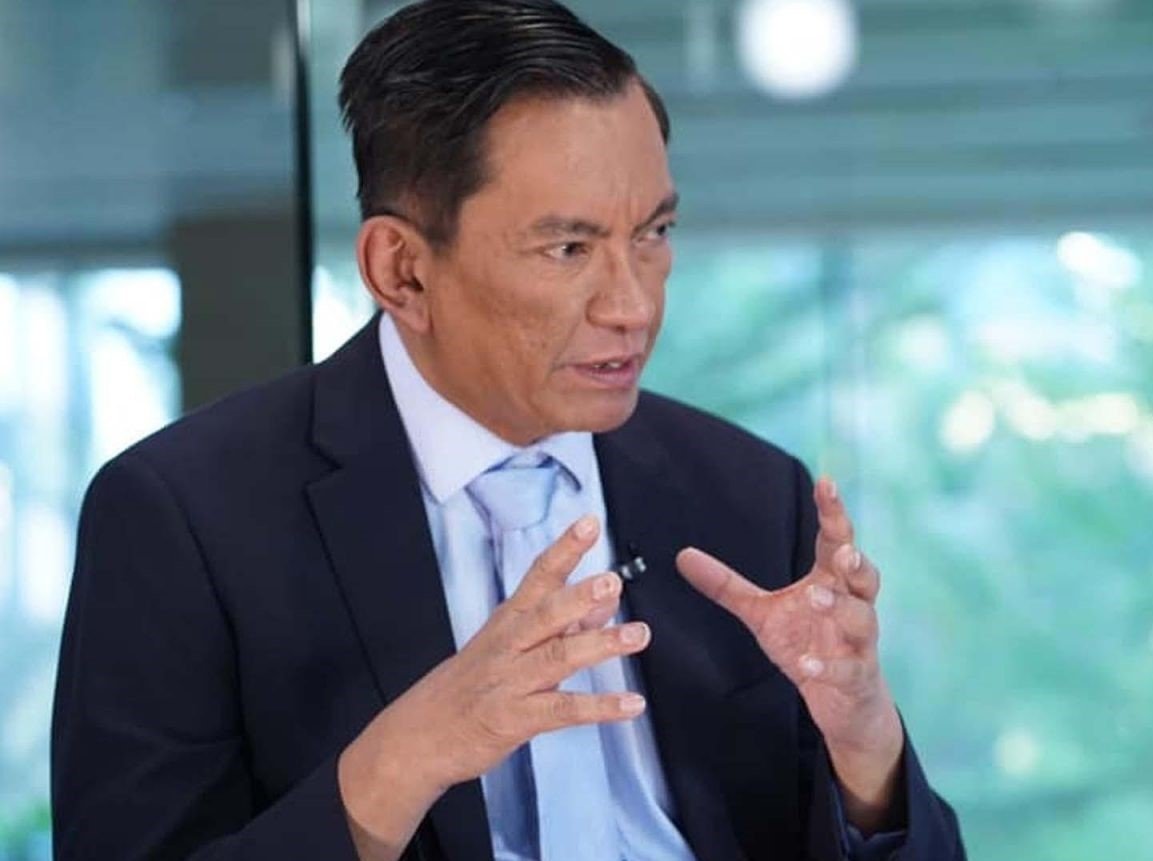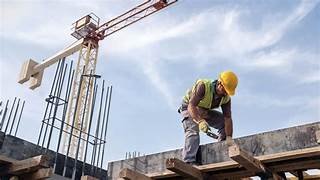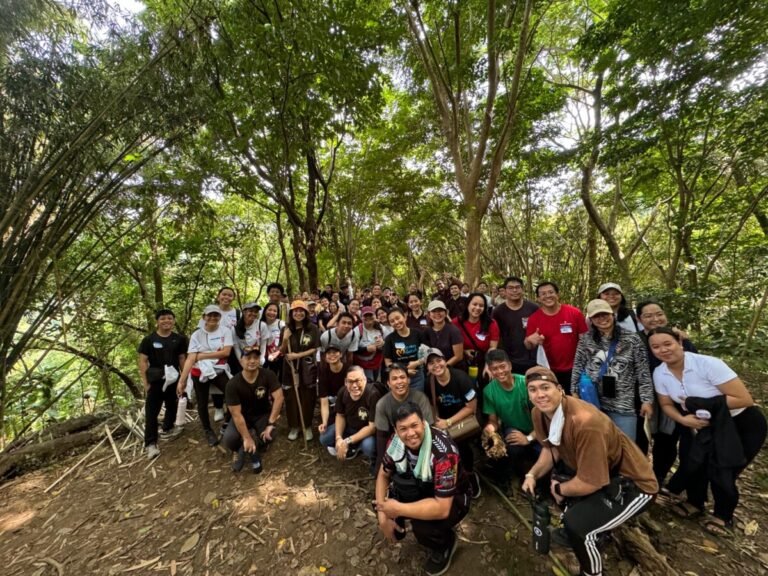
IN the aftermath of Severe Tropical Storm Kristine, which resulted in tragic loss of life, calls for the passage of the Department of Disaster Resilience (DDR) bill have intensified.
Proponents argue that a national approach to disaster preparedness is essential to fostering a culture of resilience and ensuring that empowered institutions are in place to respond swiftly to natural calamities.
Former Albay Governor now Albay 2nd District Representative Joey Salceda, emphasized the need for strong institutions, drawing on his experience in achieving Albay’s “Zero-Casualty Goal” during his tenure.
“The recent death toll from Kristine has made it painfully clear that we must foster—and in some cases, rebuild—a culture of preparedness, which is only possible through robust, empowered institutions,” he stated.
Reflecting on Albay’s model, which earned national recognition, Salceda highlighted the Albay Public Safety and Management Office (APSMO), a provincial-level department established during his governorship in 2007, as an example of how a well-prepared institutional mechanism can prevent loss of life.
“The goal of the DDR bill is to take what we did in Albay and expand it nationwide,” the lawmaker explained. “In Albay, our goal was simple: one life lost is one life too many.”
The proposed DDR would elevate disaster resilience to a national scale, replacing the current National Disaster Risk Reduction and Management Council (NDRRMC) framework, which some officials argue falls short on proactive planning and permanent resilience-building.
The former governor, and long-time disaster preparedness advocate, also noted that he has urged the Presidential Legislative Liaison Office PLLO) to work closely with the Department of National Defense (DND) to address reservations about the bill.
“I understand that the Secretary still has reservations on certain aspects of the bill, but I am optimistic that we can find common ground,” Salceda said.
Highlighting the stakes, he added, “Good institutions save lives; flawed institutions can put lives at risk. I believe we all agree that the current framework is inadequate in terms of preparation and resilience. It’s time to build something better.”






